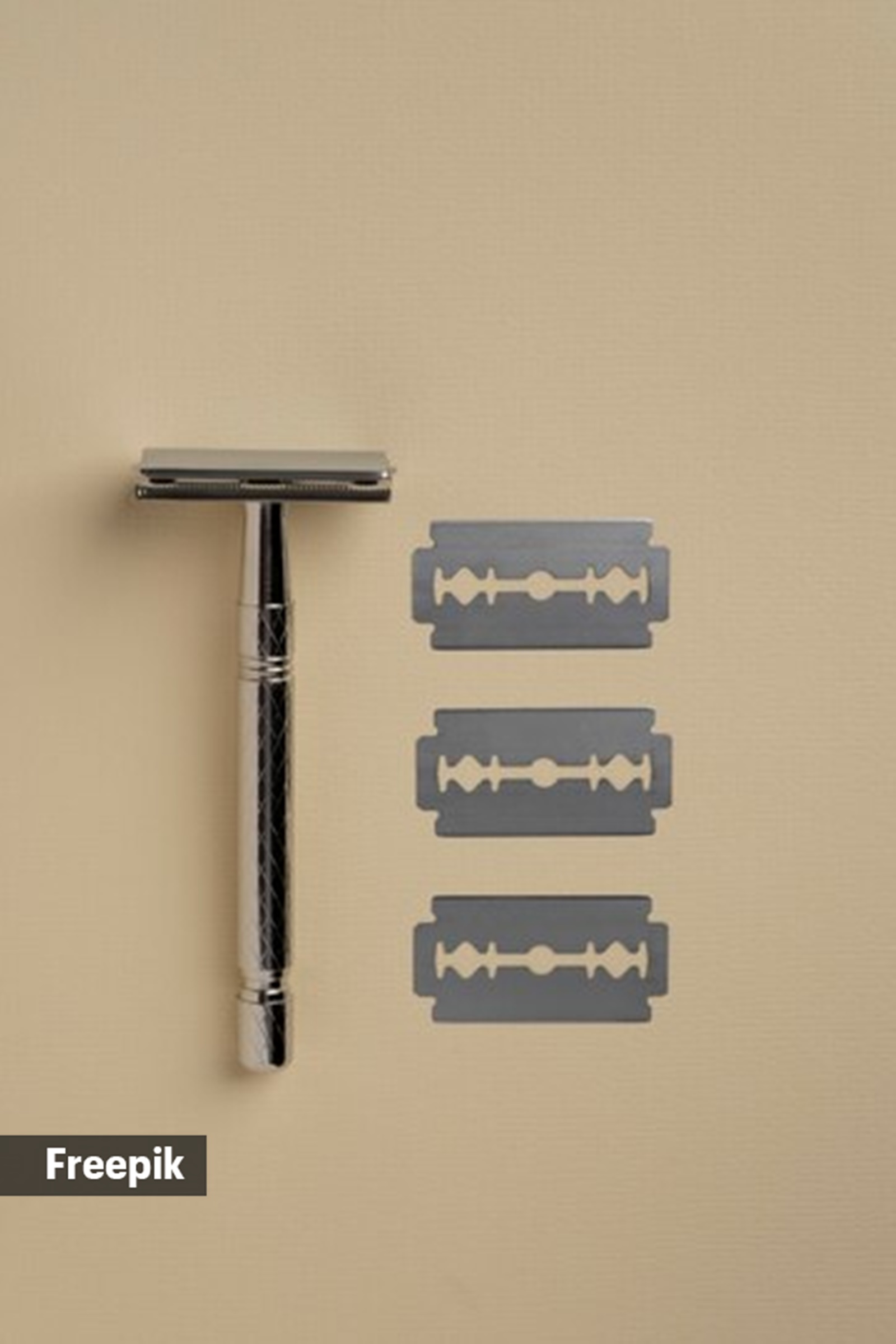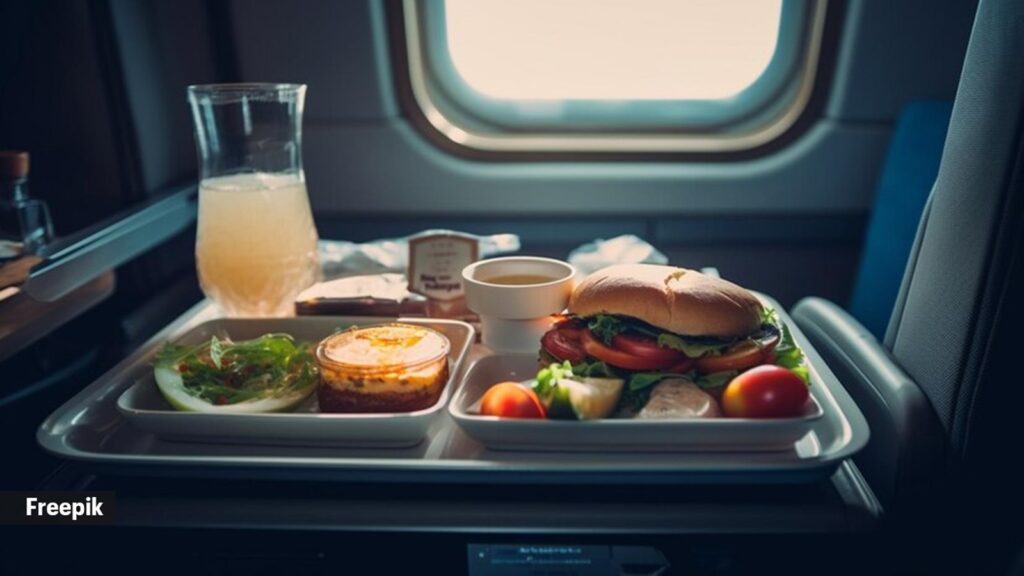In a shocking incident that has raised concerns about food safety and hygiene in the aviation industry, a passenger on an Air India flight from Bangalore to San Francisco recently made the shocking discovery of a sharp, knife-like object in his in-flight meal.
Passenger Mathures Paul wrote on X: “Air India food cuts like a knife. There was a metal blade hidden in my baked sweet potato and fig chaat. I only realised it after biting into the food for a few seconds. Thankfully I was unharmed.”
“Thankfully, no one was harmed. Of course, the blame lies with Air India's catering services, but this incident has negatively impacted my perception of Air India,” journalist Paul continued.
The airline launched an investigation shortly thereafter. “Air India can confirm that a foreign object was found in the meal of a customer on one of our flights. Investigations have revealed that the object came from a vegetable processing machine used at one of our catering partner's facilities,” Rajesh Dogra, Air India's chief customer experience officer, said in a statement.
While such cases are rare, accidentally ingesting a foreign object can have long-term effects on the human body.
“The incident of a knife being found in the food served on an Air India flight highlights the need for stringent food safety measures and regular audits. Though these services follow strict protocols, lapses can occur due to various factors,” said Dr Pranav Honabala Srinivasan, senior consultant surgical gastroenterology at Fortis Hospital, Bengaluru.
Understanding the health risks of ingesting a foreign object and knowing what steps to take in such a situation is also crucial to passenger safety, he says.
Standard protocols and safety measures in airline catering

The airline's catering services have strict procedures in place to ensure food safety. “Meals are inspected and screened multiple times by metal detectors to detect any foreign objects. A surveillance system monitors the preparation of the meals,” said Dr Srinivasan.
 Ingesting foreign objects such as cutlery, glass, and plastic poses serious health risks. (Source: Freepik)
Ingesting foreign objects such as cutlery, glass, and plastic poses serious health risks. (Source: Freepik)
A Hazard Analysis and Critical Control Point (HACCP) system is in place to identify and control potential hazards, and regular training on hygiene and safety standards is also conducted, with protocols reviewed and updated, usually on an annual or semi-annual basis.
Despite these measures, Dr Srinivasan agrees that omissions can occur due to human error, equipment failure or non-compliance: “For example, an employee may accidentally drop a small object into food or a metal detector may fail to detect it if it is not properly calibrated. Regular audits should pick up these issues, but sometimes they get missed, leading to incidents like the one reported.”
Health risks and immediate symptoms of ingesting foreign objects
Ingesting foreign objects like knives, glass, plastic etc. poses serious health risks. Dr Srinivasan elaborates, “Sharp objects can cause lacerations in the mouth, throat, esophagus or digestive tract, leading to bleeding, infection and in some cases, life-threatening complications. On the other hand, ingesting plastic can cause choking, blockage of the digestive tract or release of harmful chemicals.”
Symptoms to look out for immediately, he says, include severe pain in the throat or abdomen, difficulty swallowing or breathing, vomiting (especially if it's bloody), and stomach cramps or bloating. “If you experience any of these symptoms, seek medical help immediately.”
The role of regulatory agencies in monitoring and enforcing food safety standards
Dr Srinivasan said regulatory bodies such as the Food Safety and Standards Authority of India (FSSAI), Food and Drug Administration (FDA) and the International Air Transport Association (IATA) monitor food safety in the aviation industry. Regular inspections ensure compliance with food safety standards. Airlines can face fines, suspension of services, mandatory recalls and legal action for non-compliance.
What to do if a foreign object is swallowed
If you suspect a foreign object has been swallowed, follow the treatment recommended by Dr. Srinivasan.
Seek medical attention immediately: go to the nearest emergency room or contact your healthcare provider.
Do not induce vomiting, especially if the object is sharp, as this may cause further harm.
Stay calm and avoid eating or drinking until advised by a medical professional.



